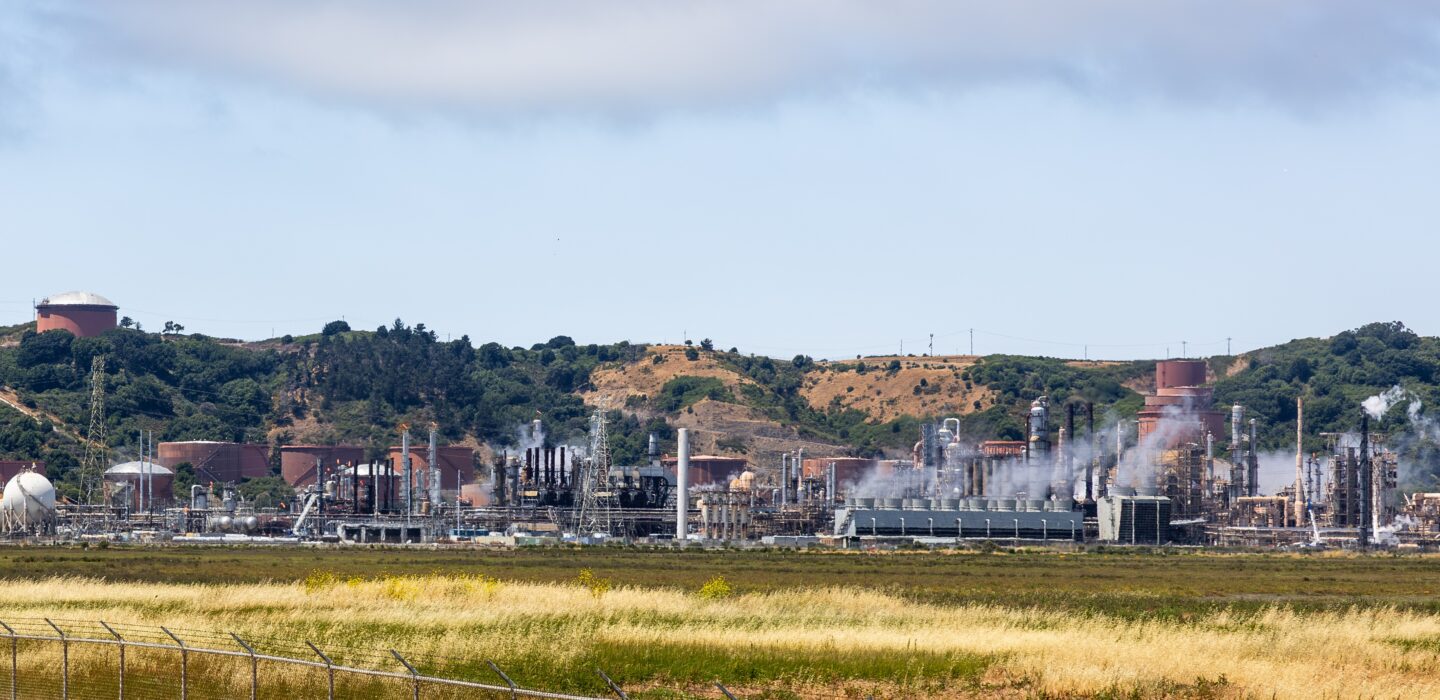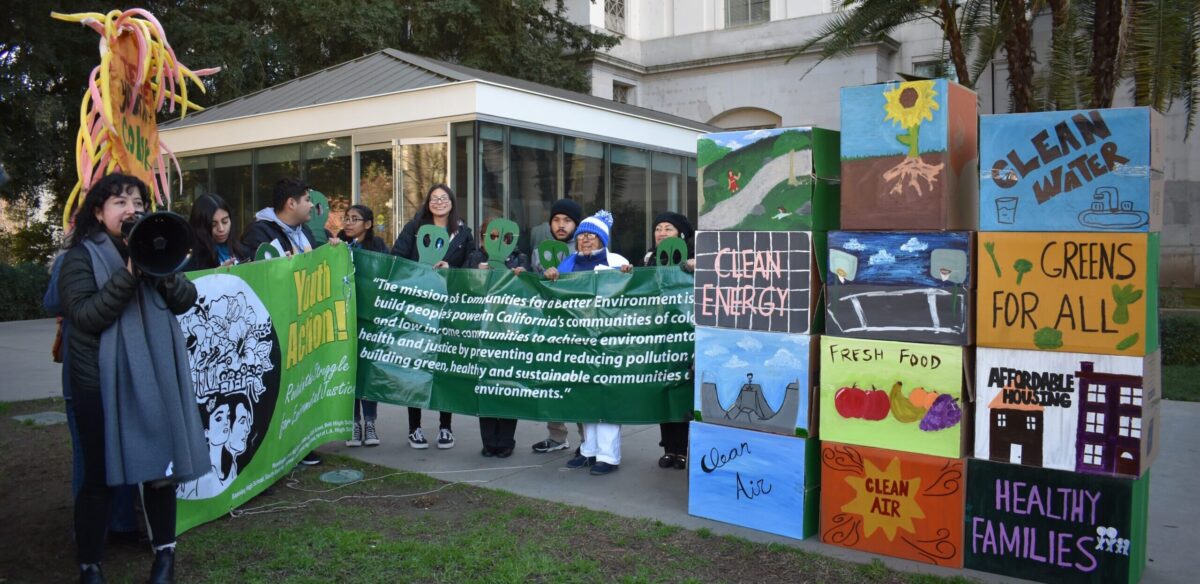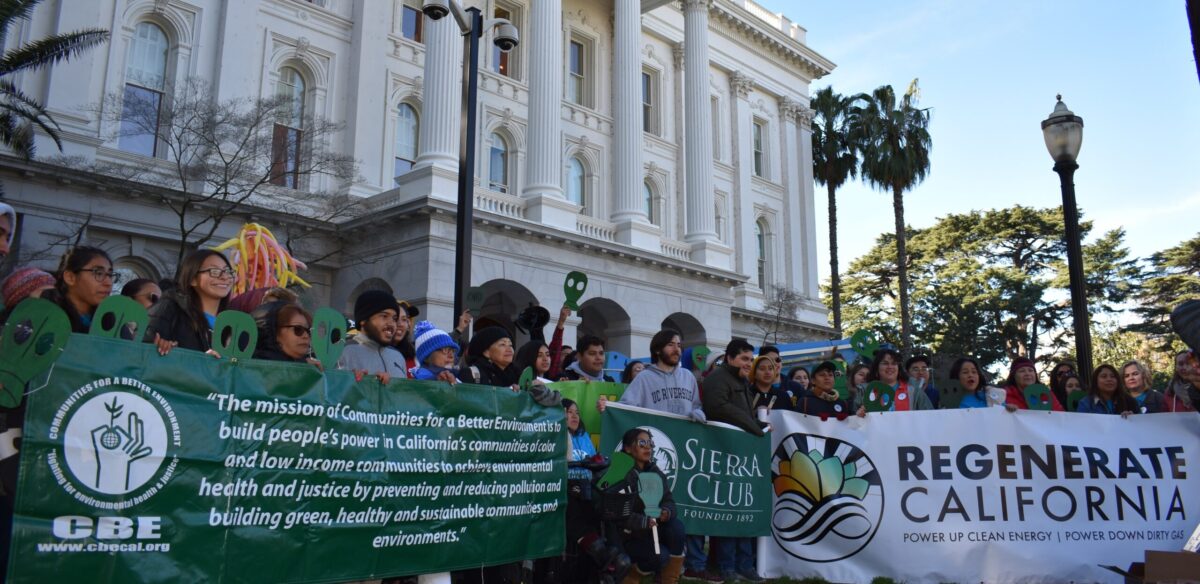Clean Energy
Refinery Towns are Leading the Way to a Just Transition
Climate change, pollution, and the ever-increasing economic costs—these are the prices we pay for our society’s reliance on fossil fuels. CBE is on the front lines of the fight for a just transition away from fossil fuels toward safer, renewable energy.

The current consumption of fossil fuels is leading us to global catastrophe. But CBE, as an environmental justice organization in California, is creating a map that centers workers and frontline communities and leads us away from fossil fuels toward local, renewable energy sources.
As major refineries across the state announce their plans to close—including the Phillips 66 refinery in LA—we are reminded that while the transition from fossil fuels is inevitable, justice is not. Oil executives who have pocketed millions in profits are blaming California’s climate policies for their closures in an attempt to shakedown Californians. CBE is organizing with communities in frontline refinery towns to ensure that Big Oil cleans up its mess on the way out.
With the powering down of dirty fossil fuel infrastructure, California has the opportunity to create thousands of clean energy jobs and a new system that transforms the injustices that frontline communities have historically faced. Through our campaign work, such as Beyond Chevron and our work with Regenerate California, we advocate for a regenerative and just clean energy economy.
CBE supports a renewable energy strategy that calls for efficient and affordable power development and distribution that is equitable and locally-controlled—not held by energy monopolies.


